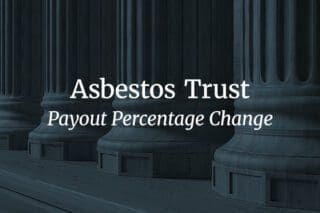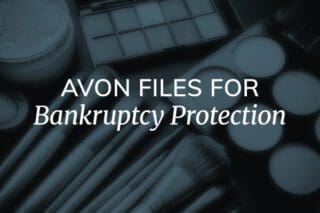Timothy Powell and his business A1 Asbestos LLC are being accused of falsifying disposal documents to an Okanogan County landfill and offering false statements to state departments. These charges include four counts of offering a false instrument for filing or record and one count each of forgery.
“Strict rules governing the disposal of asbestos waste exist to protect workers and the public, and they must be followed,” said the prosecuting attorney general who filed the five felony charges against Powell and A1 Asbestos LLC.
Signatures were forged on one of the landfill documents and the false statements were given to the State Department of Labor & Industries pertaining to the actual date asbestos work began in order to avoid safety inspections at the worksite.
According to asbestos laws and regulations, when disposing of construction waste at a landfill, proof must be obtained from an asbestos contractor indicating all asbestos has been removed. These contractors remove asbestos from the waste and properly dispose of it, thereby creating an asbestos waste shipment record.
Powell’s shipment records inaccurately show he disposed of asbestos at a different landfill in Grant County. This illegally combined asbestos waste costs from multiple jobs sites so he only had to pay one disposal fee.
The State of Washington has an abundance of serpentine rock, which is the source of 95% of all commercial asbestos. In addition to its Cascade, Okanogan, and Rocky Mountain ranges containing the rock, several deposits are located in the center of the state in the vicinity of Ellensburg and Wenatchee.
Asbestos-containing materials are still to be found in the state’s numerous paper and pulp mills, where they were used in the machinery and materials used in the papermaking process, such as drying felts and the adhesives used to affix them.
Washington is also home to hydroelectric and nuclear power plants, which are among the most dangerous places to work when it comes to asbestos exposure. In addition, the state’s aluminum industry required high levels of heat and therefore asbestos insulation was used throughout these facilities.
The state was the first U.S. port of call for tankers from Alaska and home to oil refineries. Petroleum is a hazardous substance at all stages of production and asbestos materials were used almost everywhere from fire doors to the asbestos-lined overcoats, hoods, and gloves.
The Washington Office of the Attorney General has made environmental crimes a priority, leading to 19 convictions since 2013 and restitution orders in excess of $900,000.
The preliminary hearing will be held on January 9 in the Chelan County Superior Court. Both charges are classified as class C felonies, meaning they could result in a minimum of $5,000 in fines plus costs, fees, and restitution up to a maximum of five years in prison.





